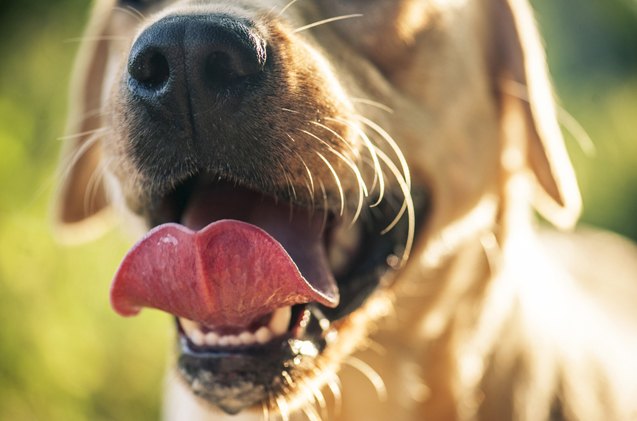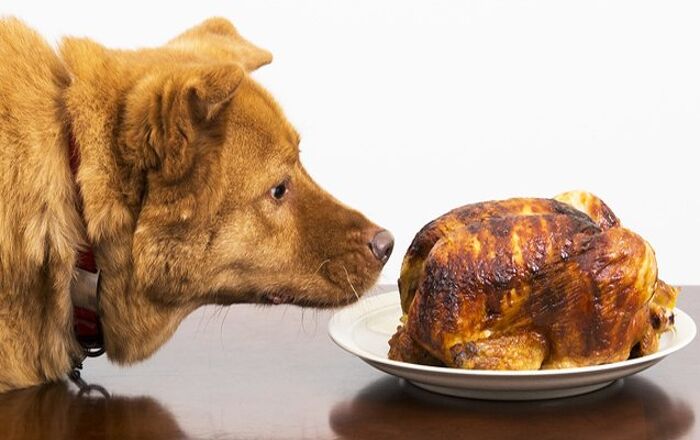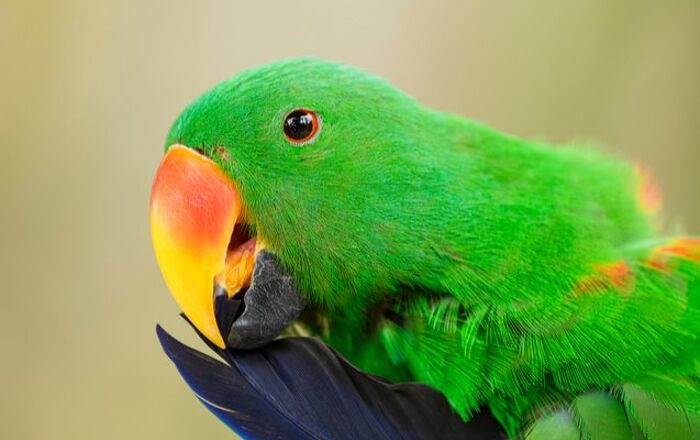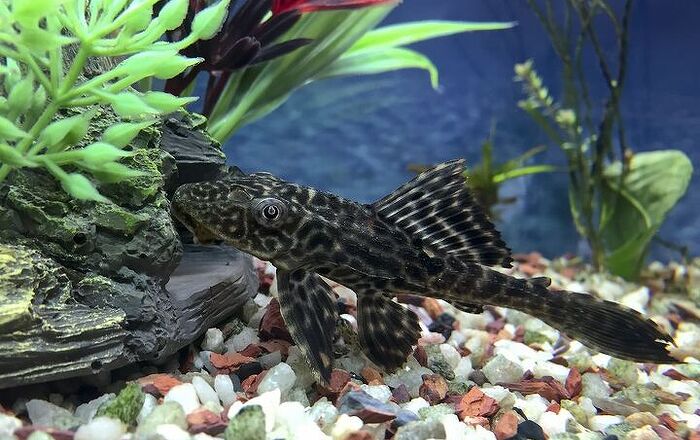
You’ve seen some of the things that have gone into your dog’s mouth – that’s why it’s hard to believe that a dog’s mouth is really cleaner than a human’s mouth.
There are a lot of myths and misconceptions surrounding the dog’s mouth. Some people say that a dog’s mouth is cleaner than a human’s and that their saliva has healing properties, which must be why they lick their own wounds. If you have a dog of your own, however, you may have experienced things that make you question these myths. For example, some dogs have a habit of eating poop and other disgusting things. So, is a dog’s mouth really that clean?
How Clean is Your Dog’s Mouth?
Before we can answer the question regarding the cleanliness of a dog’s mouth versus your own mouth, we have to talk about just how clean your dog’s mouth really is – or isn’t. The fact of the matter is that your dog’s mouth is just as full of bacteria and other nasty organisms as your own mouth. Dogs are also highly prone to periodontal disease which can produce bad breath and cause discoloration of the teeth and gums. There is a reason they call it “dog breath,” after all. Everything from your dog’s diet to his hygiene habits play a role in determining the cleanliness of his mouth.
Related:Dog Kisses Could Lead To Serious Illnesses
Where Did the Myth Come From?
So how did the notion that a dog’s mouth is cleaner than a human’s come about? If you think about all of the nasty bacteria floating around in your dog’s mouth, you may wonder why you’ve never gotten sick after letting your dog lick your face or share a bite of your ice cream cone.
While your dog’s mouth is full of bacteria and other pathogens, they generally aren’t zoonotic. The term “zoonotic” refers to diseases that can be passed from animals to people. There are billions, even trillions, of different strains of bacteria, fungi, and viruses on the planet and there generally isn’t a lot of overlap between the pathogens that affect animals and the ones that affect humans.
Related:Reverse Zoonosis: Can You Make Your Dog Sick?
Can Your Dog Get You Sick?
Now that you understand a little bit more about zoonosis, you may be wondering – can your dog get you sick? If you break down the types of bacteria that live in a dog’s mouth and compare it to those that live in a human’s mouth, you’ll find some overlap. The three most common bacteria in a dog’s mouth are Actinomyces, Neisseria, and Porphyomonas.
You’ll find these three in your own mouth as well, just different strains. Because the strains of bacteria and other pathogens are different between species, it is highly unlikely that your dog will transmit to you anything that would actually make you sick. There are some things that can affect both dogs and humans like Salmonella and E. coli, but these are more commonly transmitted through unsafe food handling practices than through any contact with an animal.
Though you don’t have to worry about getting sick from your dog licking your face or sharing a snack, it is important to keep an eye on your dog’s oral hygiene. According to the American Veterinary Dental College (AVDC), most dogs and cats have some degree of periodontal disease by the time they reach three years of age. Brushing your dog’s teeth as often as he will let you and feeding him a healthy diet are two things you can do to preserve his dental health – and don’t forget about regular checkups and cleanings!














